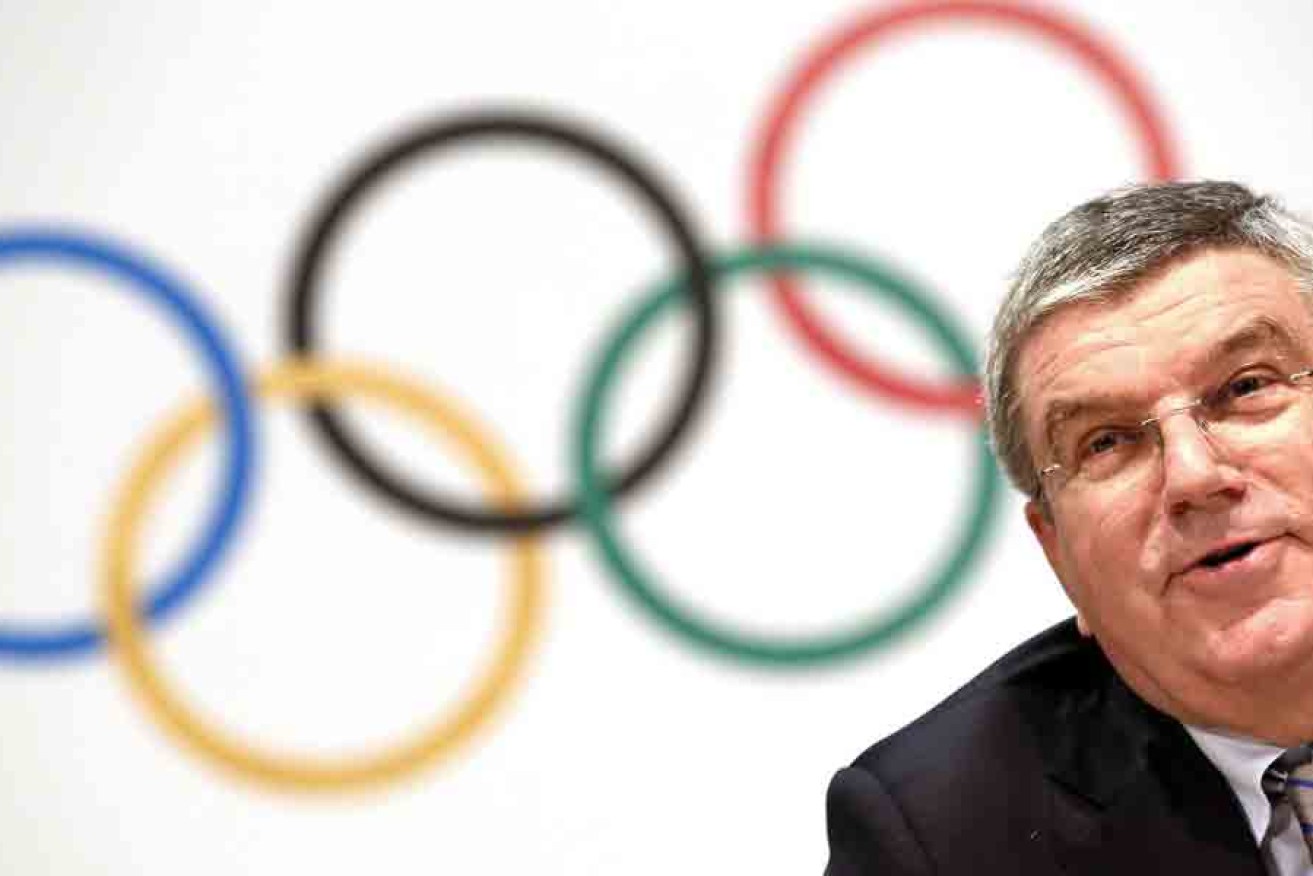The IOC has set up a hotline for whistleblowers to report match-fixing and other corruption in a new initiative to protect the integrity and credibility of the Olympics and other sports competitions.
The International Olympic Committee said the web-based “integrity and compliance hotline” is open to athletes, coaches, referees and members of the public and offers “100 per cent anonymity”.
Callers can report suspicious approaches or activities related to fixing and manipulation of competitions or violations of the IOC ethics code, including financial misconduct.
The move was announced at an international summit meeting on sports integrity that was held in Lausanne and chaired by IOC President Thomas Bach.
“The ultimate goal of all this is to protect the clean athletes and to give them, as far as we can, fair competition,” Bach said.
The conference urged governments to sign the Council of Europe convention against match-fixing and strengthen the role of “sports integrity officers” within sports organisations.
“When it comes to the fight against manipulation and related corruption, sport needs the help and cooperation of governments and governmental authorities and other stakeholders much more than in any other area,” Bach said.
The IOC already has agreements with Interpol to fight fixing and corruption.
It also has a system for monitoring betting patterns during the Olympics for any signs of suspicious activity and recently created a $US20 million ($A26 million) fund to fight doping and irregular betting.
The new hotline, Bach said, means “athletes and everyone concerned can turn to the IOC”.
Bach said the IOC can already “do a lot” to fight doping through drug-testing, a strict liability policy, whereabouts information and arbitration hearings.
“When it comes to match-fixing, we have nothing like this,” he said.
“You cannot detect match-fixing and corruption by taking a blood test. … We need the help and assistance of governments and police authorities who have much more power and much more information and more possibilities than sport can have.”





